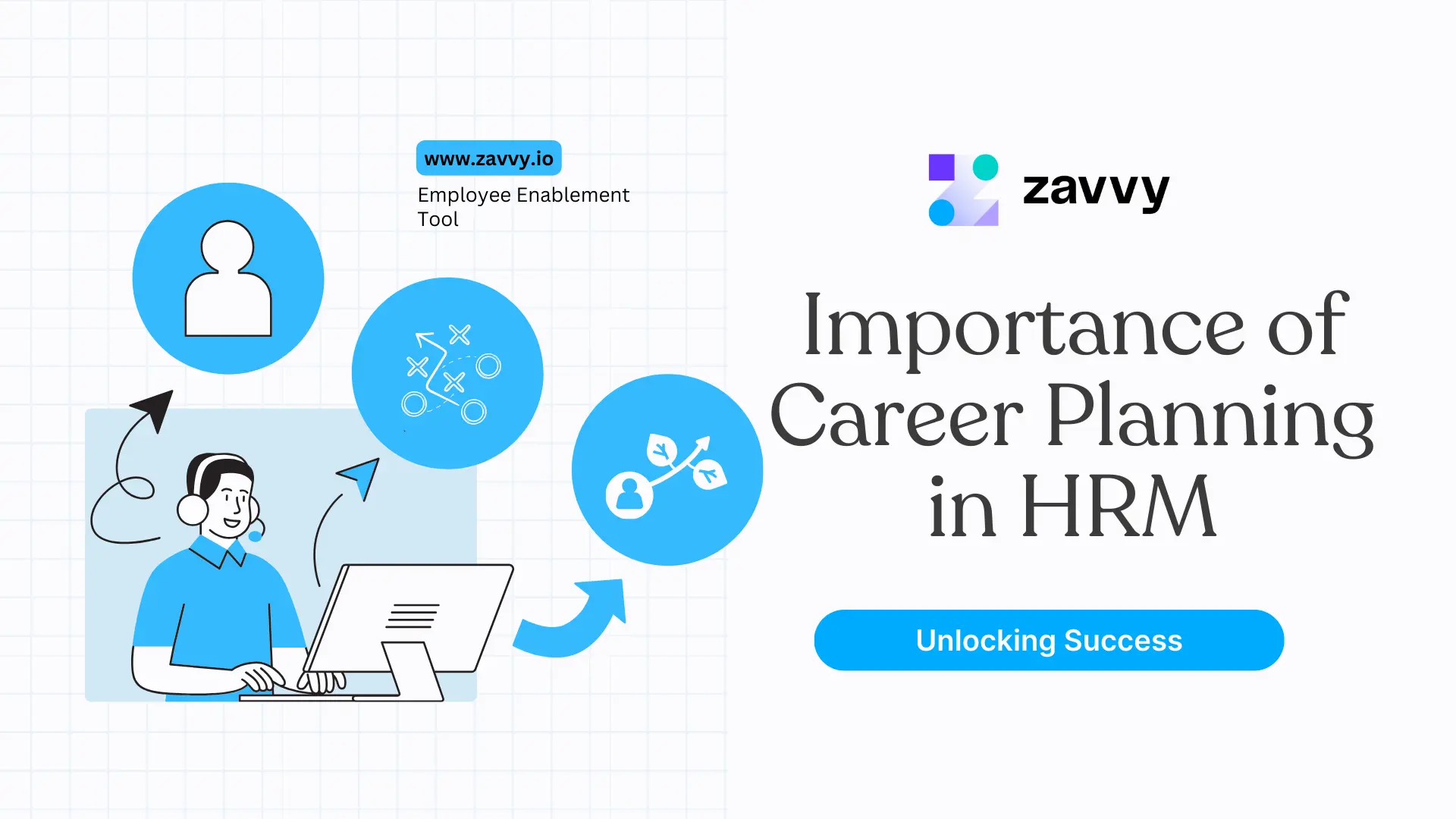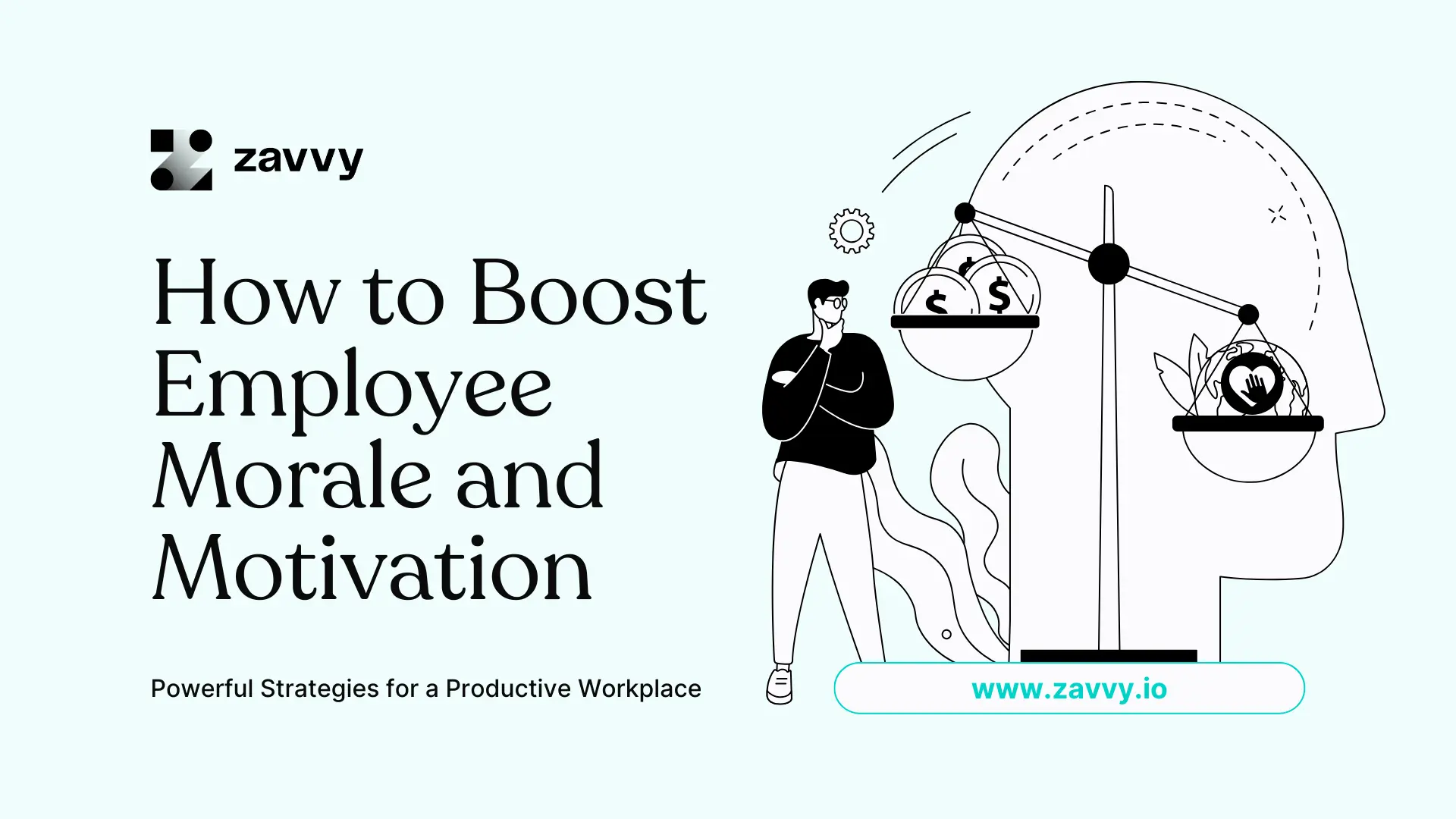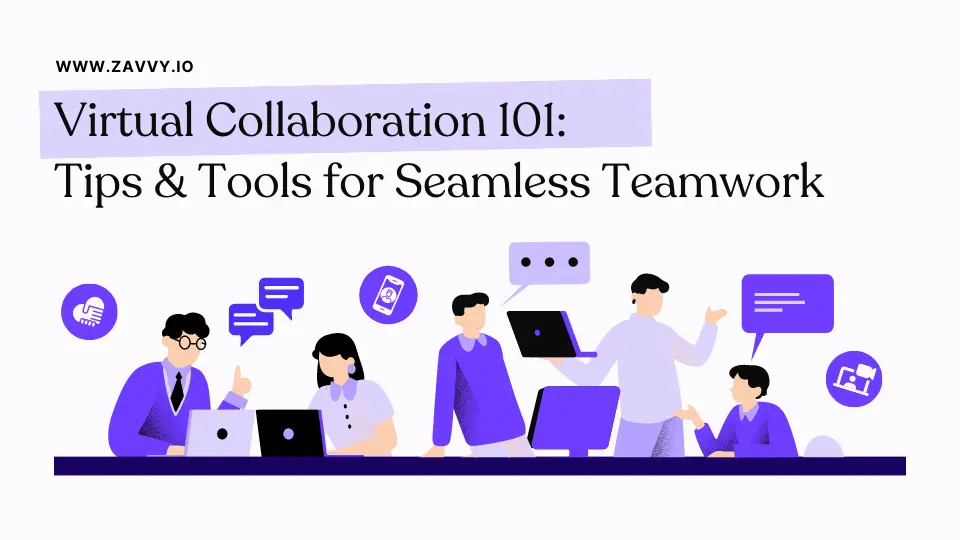
36 Examples of Constructive Feedback for High Performers
Zuletzt aktualisiert:
26.2.2024
Lesezeit:
14 minutes
última actualización
26.2.2024
tiempo de lectura
14 minutes
Last updated:
February 26, 2024
Time to read:
14 minutes

Compared to low performers, it's easy giving feedback to high performers. Or is it?
A survey by Leadership IQ revealed high performers to be less engaged at work than low or middle performers. On the other hand, a survey by Jack Zenger and Joseph Folkman shows feedback helped 69% of employees engage and perform better.
When placed side-by-side, these numbers make it obvious that a comprehensive feedback system is what your high performer is looking for.
Still, you might be second-guessing yourself every time you want to review a top performer by asking:
❓How do I deliver critical feedback without making them feel attacked or criticized?
❓Am I being nitpicky and over demanding?
❓Are they even used to criticism, or are they used to effortlessly being the best?
You might have an easier time approaching average or low-performing employees with feedback, as they make easily noticeable mistakes. But, with a top performer, these mistakes may not be as obvious, making you hesitate even to bring it up in the first place.
To help you with this, we've put together a guide that tells you:
- The attributes of a high performer;
- How to approach them for feedback;
- Effective phrases for positive feedback sessions.

🔄 What is constructive feedback?
Constructive feedback is specific, objective, and actionable input that helps high performers identify what's holding them back.
Your star employees want constructive feedback because it helps them:
- Grow in their role;
- Identify strengths;
- Fine-tune their skills.

Creating a feedback culture in your workplace has immense benefits, from engagement to productivity and talent retention.
➡️ Discover examples of high-performance companies developing a winning feedback culture.
Constructive feedback works both ways. Employees should be able to tell you where to improve too!
Tip: Negative or positive feedback with zero actionable steps will not affect your employees' performance.
➡️ To get constructive feedback right, check out our guide on constructive feedback.
💬 37 Phrases to use in a performance review for a high performer
When assessing a high performer, look for specific examples of exceptional work and use language that is positive.
Here are a few handy phrases you can use during review time with your high performer. We grouped them by theme, so you can have an easier time finding the right statements for your employers.

☝️ Improvement and goal-setting
Goal-setting feedback assesses whether high performers are meeting standards and sets the tone for the future.
- Your attention to detail is impressive. I know you're always looking to improve, so here are some areas I think you could focus on.
- You've taken on more responsibility and handled it all with grace. I know you're capable of even more, so let's set some new goals for the next year.
- This year has been great for you in terms of output. I noticed some projects did not match your usual quality, so we need to set a goal that ensures every project is consistent.
- You were quick and efficient with project submissions this year. You were disengaged when you had nothing on your plate. Focus on proactively seeking out new tasks when you're in between projects.
- You're great at following instructions for each project. However, you were a little too dependent on receiving guidance. So let's work more on independent thinking and going with our gut now.
🎯 Achievements
High-performers are looking for the next milestone to work towards in their career path. Use this section to figure out what that can be.
- You were instrumental in perfecting our new onboarding process. I noticed you were less engaged this year. Unfortunately, this showed up in other parts of your work. Can we explore what we can do to reengage you?
- You took the initiative with your last project, which increased lead generation by 8%. However, you missed your quota regarding Project X. Let's work on this together and find ways to better prioritize your workload.
- You set realistic goals and achieved them all this year. I honestly think you have the capacity for more responsibility in your current role. Can we talk about how we can make this happen?
- You saved us $x this fiscal year. I can see your commitment to meeting milestones in the most efficient way possible. However, you didn't complete a few crucial tasks, which shows me you need further training in…
- You saved x amount of time for Project M. I noticed you could have added that touch to many other projects but didn't do so. You would get much more credit if you viewed every project with the same dedication. Let's explore ways to make this happen.
- In the recent product launch, you showcased exceptional aptitude and initiative in recruiting influencers. Your ability to identify, engage, and onboard influencers who perfectly aligned with our brand's values and the product's unique selling points was instrumental to the success of our campaign. This not only amplified our outreach but also strengthened our brand's credibility in the market.
📈 Productivity
High-performers don't want to waste time. They need you to identify what they are efficient with and what they still need to perfect.
- You delivered high-quality work. You could improve your performance by understanding expectations upfront, saving us time.
- I can see you focused on team productivity since our last conversation. However, you seemed distracted recently, which meant your work lacked the usual quality. You could include screening calls during work in your personal goals. It would allow you to focus better.
- You've taken on new projects and completed them quickly. However, you seem to get distracted at the end of each project, which can result in mistakes. This is a missed opportunity for you. With more focus, you could be an even greater asset.
- You've contributed significantly to boosting overall departmental productivity but sacrificed handing in work to help coworkers. To reach the kind of goals you have in mind, you have to focus on your productivity first.
- I've noticed you're proactive with automating your tasks, so you are getting more work done faster. However, you are also doing as little as possible to get by, so ultimately, your automation strategies aren't contributing to increased output. Can we discuss this?
🧩 Problem-solving and creativity
High performers can be a major source of innovation and creativity.
But, unfortunately, they can become bogged down in the details of their work.
- You lend projects unique perspectives, which helps us anticipate client demands. Your contribution to the ATS-friendly resume builder project is a great example of this. Do not shy from bringing innovative perspectives to your work.
- You've tackled problems creatively but dropped the ball on a few key projects during the year. Can we talk about this?
- You excelled at creative problem-solving this year but were not very level-headed when faced with tough deadlines. How can we help you handle deadlines better?
- You took everyone's input and created unique project briefs this year. Achieving this must have been time-consuming, so I understand why you may have missed some deadlines. Do you want to reassess your workload?
- I noticed a lag in the volume of your usual problem-solving strategies this year. You joined a new team this year. Does that have something to do with this?
- I've noticed you've made very similar mistakes in your last projects. Consciously deciding to learn from your mistakes is something you must work on. Do you need additional support in identifying better alternatives?
👥 Teamwork and collaboration
High performers are often not used to working in a team environment. As a result, they may need some guidance on how to work with others.
- Even though your work was up to par, you did not listen to many team members. You missed out on their input, and there's a good chance this hurt morale. Let's work on your collaboration skills.
- You reached most targets this year. However, you rushed your team on many aspects, even with no looming deadlines. Let's work on slowing things down for improving quality and morale.
- You invited new ideas and worked well in a team. However, you also criticized many ideas for high-stakes clients publicly, which made you seem unapproachable. Work on rewording your critical input, for example by...
💬 Communication skills
There is no substitute for clear and effective communication.
High performers can give themselves a real edge by developing this essential skill.
- You provided me with direct reports of the project regularly– which is great. However, you need to be more communicative with your team members and ask for help when you need to.
- Your written skills are excellent, but you shy away from leading presentations. What can I do to help with your public speaking skills?
- You are an independent worker, but you must communicate more when you're part of a team. Let's see some more of that this quarter.
👊 Attitude and behavior
High performers can become complacent or negative. Good feedback conversations help ensure high performers stay on the path to success.
- You worked well and met deadlines this year. I noticed you hosted many meetings that ran overtime, which may have impeded other people's productivity. May I suggest preparing an agenda for every meeting?
- You're excited when we start something new, and I highly appreciate that enthusiasm. But, I noticed you speaking over others in meetings. They all have a lot to offer, and being approachable to work with fits in with your long-term goals.
- I've noticed you were very abrupt with others this week. The quality of your work is excellent, but your team might have trouble communicating with you in the future if this goes on. Is something bothering you?
🚥 Organizational skills
Organizational skills can be essential for maintaining high performance. Targeted, actionable feedback can help develop this.
- You have a great personality and work ethic but often arrive late to work. Since so many people look up to you, please work on setting a better example.
- You faced a few project setbacks that you recovered well from. However, some deadlines have caught up with you this month. It's difficult, but we need to work on time management a bit more for you to reach your potential.
⌨️ Technical skills
High-performers would benefit the most from advanced technology. Identifying if they need technical training or resources through the feedback channel may quadruple their productivity.
- You approach all your projects with a skillful eye, and we've seen a distinct growth in client satisfaction as a result. There are a few technical areas you're lagging in. Let me help with that.
- You are great at translating technical jargon into something simpler. I noticed you stick to outdated solutions, which is slowing you down. Here are resources that can help you out.
💼 Leadership
A future leader may become overbearing if not checked. Identify areas where they can improve and provide corrective action to hone their leadership skills.
- You're a hard worker who puts in many extra hours. I've noticed you ask your team to stay with you some days. As a leader, you have to respect their right to leave work on time.
- You're great at bringing people together, and your sales have been sky-high. However, you do monopolize conversations. As a future leader, you need to learn to encourage others to speak up.
💬 Would you like some more examples, and extra tips and tricks? Then, check out our article Peer Review Examples: 50 Effective Phrases for Your Next Performance or Skill Review.
🙌 What does it mean to be a high performer? 5 Key Traits
Constructive or not, feedback is often unpleasant, so do employees want it? As far as high performers are concerned, yes, they do because they're built differently. Here's what sets them apart.

Focused and goal-oriented
High performers have tunnel vision. So they need you to tell them what to apply this tunnel vision focus to and even tell them when they're going overboard.
Positive mindset
High performers are purposeful, which motivates them to persist through setbacks.
- They are also confident in their ability to reach their goals.
- They're more resilient than the rest of your workforce due to this purpose and confidence.
- They use setbacks as learning experiences to make them stronger.
Great work ethic
High performers are passionate about what they do and go the extra mile to get the job done.
While an average employee may be annoyed by extra input as it often means more work, high-performing employees welcome it with a positive attitude.
Sees the bigger picture
High performers understand that for a company to succeed, everyone must work together.
As a result, high performers take time to learn about the company as a whole and how their role fits into the bigger picture. They proactively seek both positive and negative feedback to better contribute to the company's success.
Consistent
High performers have a "try, try, try again" mentality.
- They exhibit the same level of dedication and commitment every day.
- They are consistent in how they approach work, whether taking the time to prepare thoroughly before starting a project or maintaining strict attention to detail.
💡 10 Best practices for giving feedback to high performers
When delivered effectively, positive feedback can encourage growth.
On the other hand, rude or insensitive negative feedback can do serious damage to working relationships.
Now that you have a high-performer persona in your mind, here's the right approach to reviewing them.

Tell them how they can contribute and benefit
With every piece of feedback you offer to your high performer, ask yourself– what's in it for them?
Sure, the stars of your company want to see the company succeed, but true motivation would come from seeing how your success helps them succeed too.
Once you know how your feedback can directly benefit them and not just your business, link that benefit to the contribution you want them to make.
Let's take two concrete examples.
You want the employee to include peers in future projects. How do they benefit?
Include Jane and Mark more in your future projects. (Benefit:) Being a team player will make you a better leader and increase your chances of being promoted in the next few years.
You want the employee to attend more morning meetings. How do they benefit?
Attend more morning meetings, even if that means jumping into work 30 minutes later. (Benefit:) This will allow the team to sync with you and give you crucial project updates sooner.
Provide opportunities for personal and professional growth
You can do this by:

- Creating a development plan specifically for them (You can download these done-for-you templates and get started right away).
- Offering access to mentorship programs.
- Sponsoring further education.
- Directing them to resources.
- Helping them develop and display competence.
For example, let your employee take the lead on a new project, and push them to lead presentations if you know they need practice doing that.
Focus on the process, not just the results
You may be constantly looking for results that show your feedback is working its magic. That may not be the best approach.
Instead, look for changes in behavior that show your high performer is working towards that result.
For example, you told your high performer to be more social. The ideal result would be seeing them attend every office event and become very sociable.
However, it's unlikely that this will happen immediately. If you see them making efforts to be a team player, attending more meetings, and trying to talk to more team members, that's reason enough to celebrate.
Set different, not just higher goals
Your high-performer already works hard and sets difficult goals, so that isn't something you need to tell them to do.
Instead, identify what isn't working and help them fix it.
Tip: Make sure that your high performers always have a higher target by setting up growth plans with specific action items and objectives.
For example: Your sales lead is working long hours and taking on too many projects. You can spot signs of burnout, and it doesn't help that they also miss deadlines. A review at this stage would focus on telling them to slow down and take on less work.
Do not fall in the trap of telling them to work harder or hack their productivity.
Leverage competency matrices
A survey by Ranstead USA shows that 60% of employees feel they need to leave their current job to make career advances.
It seems that employees are:
- not understanding where they stand in their current job.
- not able to figure out how to progress to the next level.
- constantly hitting targets, yet growing bored due to a lack of new challenges.
Tip: Create a job leveling matrix to map your high performer's progress and future goals. This way, they will always have a higher targer to work towards, greater than their day-to-day tasks.

Use the job leveling matrix and the employees' own growth plan to understand what to highlight in your feedback process.
Maybe they need training or a chance to show you they're ready for more responsibility. Find out.
Recognize and reward them
Acknowledging your high performers' progress and result will motivates them to stay on the same track. It will also engage them and five a higher sense of purpose.
Acknowledge your high-performer with:

- Public praise.
- Bonus payments.
- Additional PTO.
Ask them for upward feedback
A one-way system for feedback reeks of bias.
Your high performers, and employees in general, should be able to tell you how you're doing when leading and managing the workspace.
Tip: A 360 feedback system makes it easy to collect feedback from:
- Superiors;
- Sub-ordinates;
- Colleagues;
- the employees themselves (self-appraisals).
Opening yourself to upward feedback shows you are eager to learn and adjust to employee needs. It's a great recipe for building trust in the workplace.

Let employees know when they're setting a great example
When you see an employee going above and beyond, let them know. Explain how their actions are making a positive impact on the company. Don't only initiate a conversation about poor performance.
Communicate this to make employees feel appreciated and give them a clear understanding of what you expect from them in the future.
Give them what they need to succeed
Usually, employees spend a lot of time thinking about their needs before voicing them– meaning they're working in discomfort for quite some time. So cut to the chase and ask them first.
Some high performers may need to:
- Come into work later or leave earlier;
- Work remotely;
- Delegate workload.
Ask, and you will receive answers.
Tip: Use a recurring pulse survey to identify any challenges.

Always make time for feedback
It's difficult to boost employee performance with just one feedback session every year.
When you schedule regular feedback, your employees know they're on your radar, so you're noticing growth and negative behavior.
As a result, they're more likely to be engaged and productive. Regular feedback also prevents problems from festering.
Richard Brandenstein from FBR Law says:
"If a high performer feels like they are performing well but not receiving recognition or reward, they may feel obliged to move elsewhere."
➡️ Create an open feedback culture at your workplace with Zavvy
Creating a feedback culture at your workplace will allow your employees to discover their strengths and weaknesses without having to wait all year to find out.
Look at it this way, would you want to waste a whole year on a lead generation method that doesn't work? Re-strategizing earlier would save you tons of time and money.
Just like your business, employers want to use their resources best. Feedback is crucial to this.

Zavvy's 360 feedback software makes it effortless to build a solid feedback system, with 3 steps:
- Choose a type of feedback ( self, downward, upward, and peer).
- Choose the audience you want to answer questions.
- Define questions. You can use our extensive resources and templates.
If you want a system that does it all, our 360 feedback system helps you organize value-packed 1:1s, monthly reviews, quarterly check-ins, and even self-assessments.
There's no messy endless rescheduling, and it's easier to convince your high-performers to introspect when it's this convenient!
Read next
Als Nächstes lesen
No items found.
No items found.
.png)
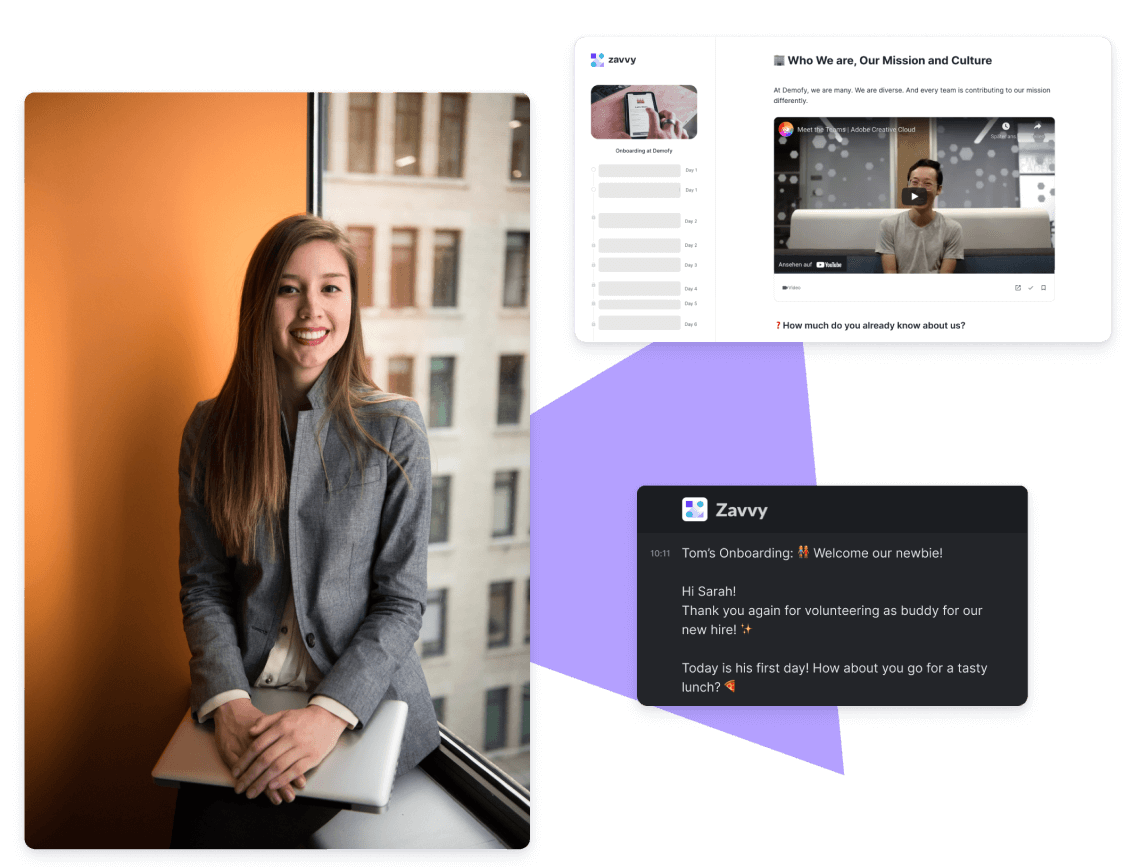



















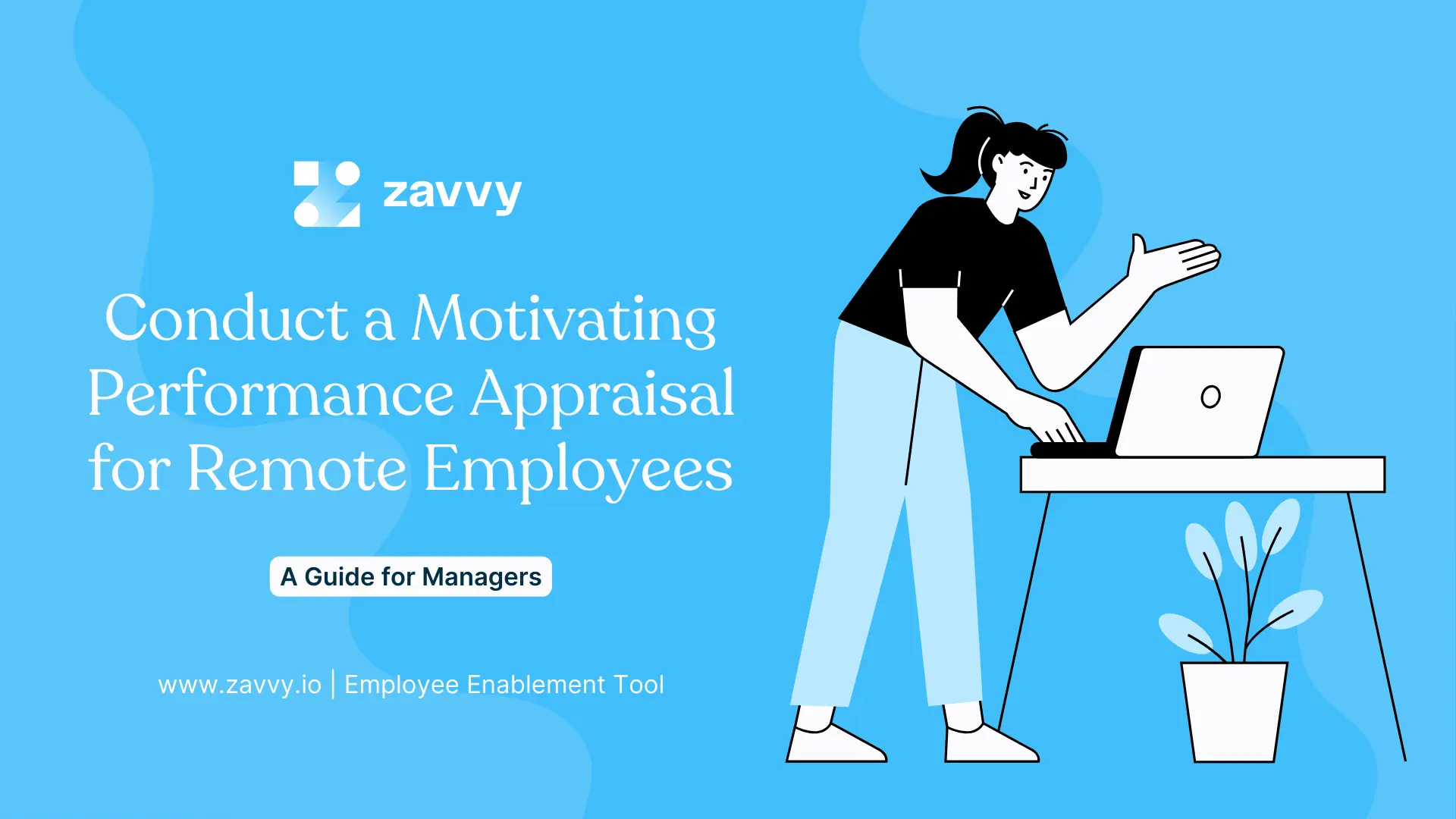
.png)







